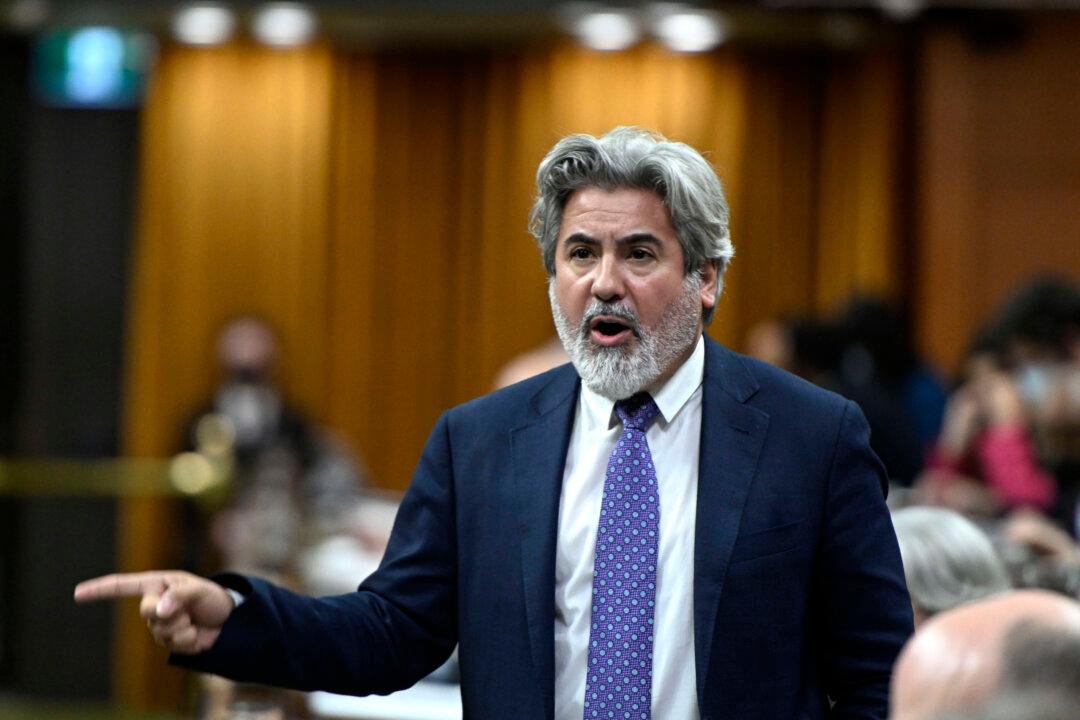The Liberal government’s online streaming bill is heading to the Senate, after passing in the House amid a Conservative MP’s allegations that it received insufficient debate.
Bill C-11 passed third reading in the House of Commons Tuesday with a vote of 208–117, with the Liberals, NDP, and Bloc defeating the Conservatives and Green MP Mike Morrice who voted against it.





